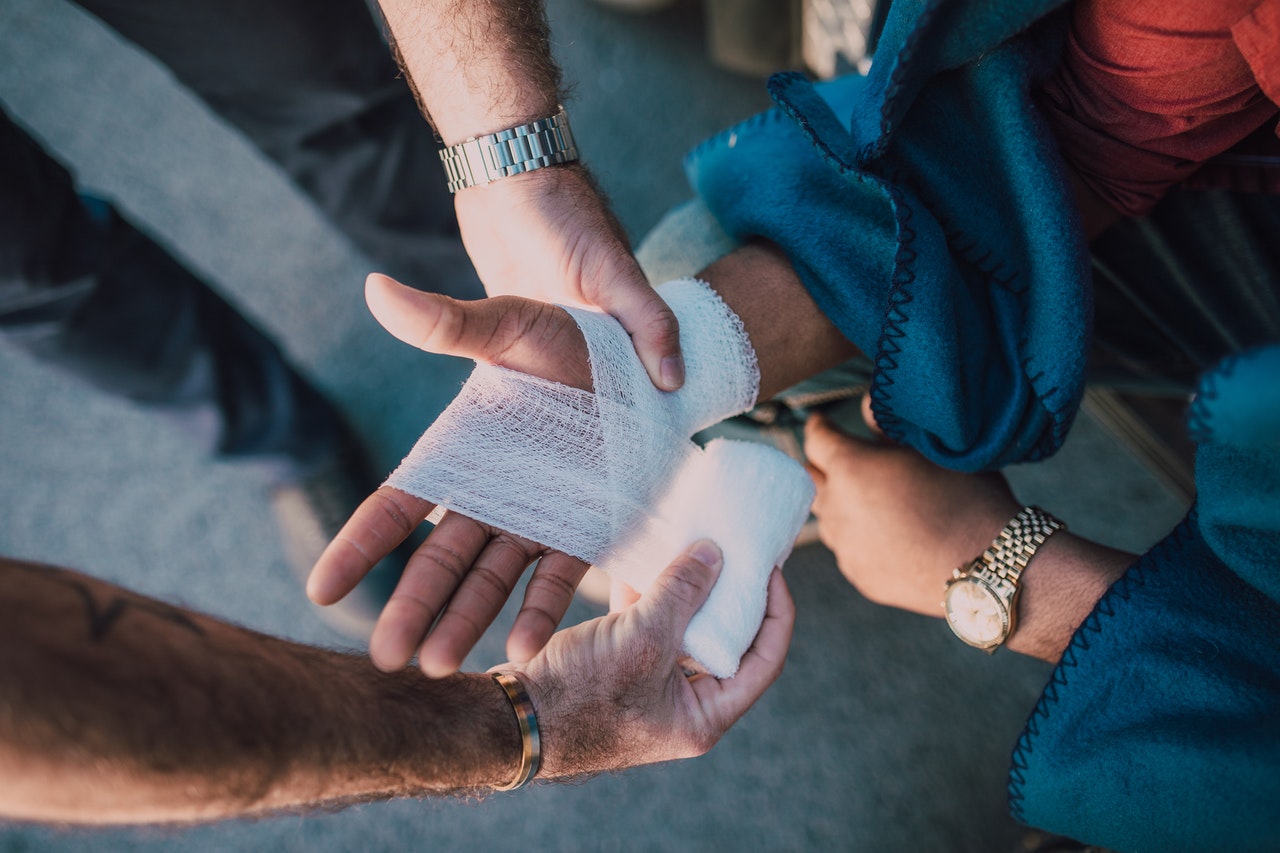How to Rebalance Your Diet in a Healthy Way

Eating a healthy diet on a consistent basis is always easier said than done. We all want to eat well and look after our health, but we also have bad habits that hold us back and stop us from doing that sometimes. If you’ve been in a rut with your diet and it’s impacting your health, it might be time to rebalance.
There are lots of ways in which you can do that. Although it can be quite overwhelming when you’re not sure what to do or which approach to take. We’re going to discuss the right approach in more depth today.
So if you want to rebalance your diet and achieve a much healthier way of eating from day to day, we’re going to discuss that more below, so read on.
Get All the Major Food Groups in Your Diet
In order to properly balance your diet, you need to make sure that you’re giving your body a bit of everything it needs. A truly balanced diet will include a vast array of different types of foods, including fruit vegetables, carbs and protein. You need to make sure that you’re covering all of those bases from day to day if you want to make sure your diet really is as balanced as it can be. It’s something that most people want to get right but struggle to enact in reality, but it all starts by paying attention to those major food groups and getting them into your meals.
Don’t be Too Black and White When it Comes to Foods
There’s nothing wrong with eating food that might be considered bad if it’s done in moderation. That’s why you should avoid being too black and white when it comes to food. It’s not really true to say you can split foods into a good group and a bad group. It simply doesn’t work like that. If you want to make sure you get the most out of your diet, you should eat in moderation, eat what you enjoy but keep things generally healthy. That’s more sensible than trying to be too black and white about it.
Keep a Food Diary
If you’re not sure where you’ve been going wrong with your diet up to now, it might be a good idea to start keeping a food diary for a while. When you do that, you start to get a better idea of what you’ve been eating as a whole from day to day. When you can sit down and look at it, you might notice that you’re eating too much or too much of a certain type of food. It can be hard to see that with such clarity when you’re simply trying to remember what you ate; a food diary delivers that clarity.
Don’t Let Eating Out Derail You
Many people have great intentions when it comes to their diet and eating habits, and then it all goes badly wrong as soon as they’re not in their own kitchen. But just because you’re going out to a restaurant or eating at a friend’s house, that doesn’t mean you have to stop paying attention to the food you’re eating. Finding excuses for unhealthy choices won’t pay off for you in the end, so try and stay consistent. There’s always a healthy option on the menu you can opt for if you want to.
Look for Healthy Alternatives
If you often struggle to stay on track with your health because there are certain foods that you feel as if you simply can’t resist, it probably makes sense to look for some healthy alternatives to those foods. We all have certain foods we love no matter how unhealthy we know they are. But there are ways to swap out less than ideal foods for options that are at least a little more healthy. That’s something that you should at least give some thought and consideration to.
Keep an Eye on What You’re Drinking
It’s also a good idea to give some thought to the calories you might be consuming in the form of drinks. If you’re someone who drinks far too many sugar-filled drinks throughout the week, that’s going to have a big impact on your overall health and fitness. It’s a much better idea to stick to the sugar free options or, even better, simply stick to drinking water. You can’t go too far wrong if you just do that. It’s something to at least keep an eye on because if you get it wrong, you’ll end up consuming far more calories than you want to.
Speak to a Nutritionist
If you’re someone who’s always struggled to achieve a balanced diet and you’re not sure what’s at the core of these problems, one of the things you might want to do is speak to a nutritionist. There are lots of people out there who can help you with your diet and plan it correctly in a way that’s right for you. One of the best reasons to work closely alongside a nutritionist is the fact that they can get to know you and begin to understand your specific needs much better.
Make Use of Meal Replacement Products
For many people, meal replacement bars and shakes can be a fantastic aid when it comes to losing weight. That doesn’t mean that you replace every meal, but it provides a way to cut out some extra calories at certain times, while still getting the nutrition you need. You should also look at granola bars and other healthy snacks to tide you over. We’ll talk more about that later. Be sure to explore these products and find the ones that you feel will work best for you. There’s plenty to consider and try out, so there’s something for everyone.
Stay Motivated
Staying motivated is often one of the most difficult things to do when you’re looking to improve your health and your diet. So think about why you’re doing this. What do you actually want to achieve by rebalancing your diet and what are the benefits you’ll feel as a result of doing so? These are the kinds of questions whose answers will be very personal to you. Only you are capable of finding the motivation that you really need, so it’s worth giving this some careful thought.
Stock Up on Healthy Snacks
Healthy snacks are really important when you’re trying to make progress with your diet goals. You’ll want to make sure that when hunger does strike, you’re not immediately reaching for foods that are no good for you and that will more than likely throw your diet plans completely off track. It doesn’t need to be that way, so make sure you have nuts, dried fruit and granola on hand to satisfy any hunger pangs you might experience during the day.
It’s a Marathon Not a Sprint
Finally, you should try to remember the fact that this is a marathon and not a sprint. You don’t need to see instant results overnight. Instead, it’s about making sustainable changes that’ll support your health for years and decades still to come.
Rebalancing your diet can be tough. But if you know that your diet has been poor recently and you know things need to change, the rebalancing tactics discussed above will help you out a lot. Before you know it, you’ll have a diet plan in place that’ll aid your overall health and provide you with the nutrition you need.






